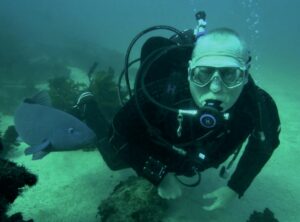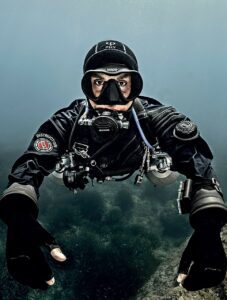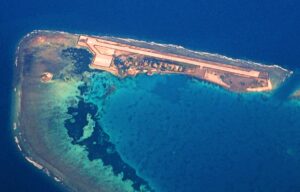Scuba Diver’s resident dive lawyer Andrew Tonge answers your questions… this time, dealing with criminal and civil proceedings.
Question: I've heard a lot recently about members of the diving community facing criminal proceedings. I've also heard of divers facing civil law suits for negligence. What's the difference?
Answer: If you are unlucky enough to be involved in a diving incident, you may be subjected to a number of legal processes.
If you breach the Diving at Work Regulations, you may be interviewed by the Health and Safety Executive (HSE). If matters are more serious than might be looked at by the HSE, for example, in cases of homicide, such as manslaughter, where an unlawful act leads to the death of a diver, you may also be interviewed by the police.
If the HSE or the police has evidence on which they may base a conviction, your case will be passed to government lawyers, to approve charges and prosecute you in the criminal courts.
In more routine cases (e.g. breaches of the Diving at Work Regulations), you would face prosecution in the Magistrates Court. For more serious matters, you would face prosecution in the Crown Court.
In the Crown Court, cases are tried before a jury. In both the Magistrates and Crown Courts, if convicted, you will usually be sentenced to a fine or imprisonment or both.
The level of fine or imprisonment is usually governed by statute, which sets the maximum fines and prison terms that can be handed down. The more serious the offence, the more the fine and the longer the prison term that the Magistrate or Judge will hand down.
If you are subjected to a civil law suit you will be sued in the civil courts. Following a diving accident of any significance, you would most likely be sued and tried in the High Court.
To be sued in the civil courts means that someone, say an injured diver, or the relatives of a deceased diver, is asking the court to order that you pay compensation (also known in the courts as damages), usually on the basis of your being negligent, for example in not properly supervising or training the injured or deceased diver.
The High Court has jurisdiction to hear the most serious civil cases in the country. There is no limit to the amount of damages that the High Court Judge can order be paid to a successful claimant.
When sued in the civil courts, the case is brought by private practice lawyers representing the claimant, such as the injured diver (compare the criminal process, where the case is brought by government lawyers).
The case may involve complex legal and factual issues and the legal costs may be very high, which may have to be paid in addition to any damages.
The level of damages can be substantial. It is often essential to have an insurance policy in place which will pay for private practice defence lawyers and any damages and costs, especially when unpaid damages and costs can lead to bankruptcy and the loss of one’s home.
Following a significant diving incident, it would not be unusual to have to face both criminal and civil proceedings.
If you are the subject of criminal or civil proceedings, you must take legal advice immediately.
NB: This article or answer, as with other articles and answers I have written and will write, is not legal advice, but is simply by way of illustration. Each case or set of circumstances is wholly different and before any steps are taken, anyone that is unsure of his or her legal position should take specialist legal advice.
Andrew Tonge is a lawyer and director at Nexus Solicitors Limited, Manchester, where he advises a number of businesses in the diving and subsea industry. He is also a PADI technical diving instructor and experienced diver. All views shared within this article are his own.
https://www.scubadivermag.com/diving-lawyer-red-tape-or-lifeboat/








